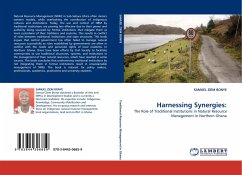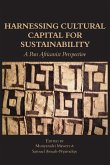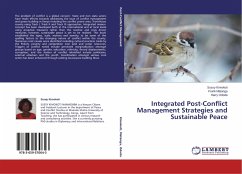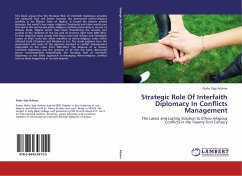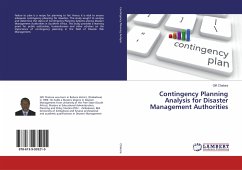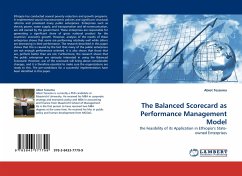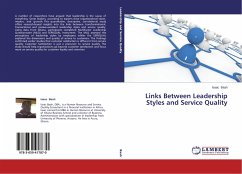Natural Resource Management (NRM) in Sub-Sahara Africa often mimics western models, while overlooking the contribution of indigenous cultures and institutions. Today, the use and control of NRM by traditional institutions are proving less effective due to their power and authority being usurped by formal institutions that relegate them as mere custodians of their traditions and customs. This results in conflict of roles between traditional institutions and state structures. This book argues that central government has often failed to manage natural resources successfully as rules established by governments are often in conflict with the needs and perceived rights of local residents. In Northern Ghana, there have been efforts by Civil Society to facilitate communities to use traditional structures, systems, and institutions in the management of their natural resources, which have resulted in some success. This book concludes that undermining traditional institutions by not integrating them in formal institutions result in unsustainable management of NRM. The book is relevant for policy makers, professionals, academics, practioners and university students.
Bitte wählen Sie Ihr Anliegen aus.
Rechnungen
Retourenschein anfordern
Bestellstatus
Storno

